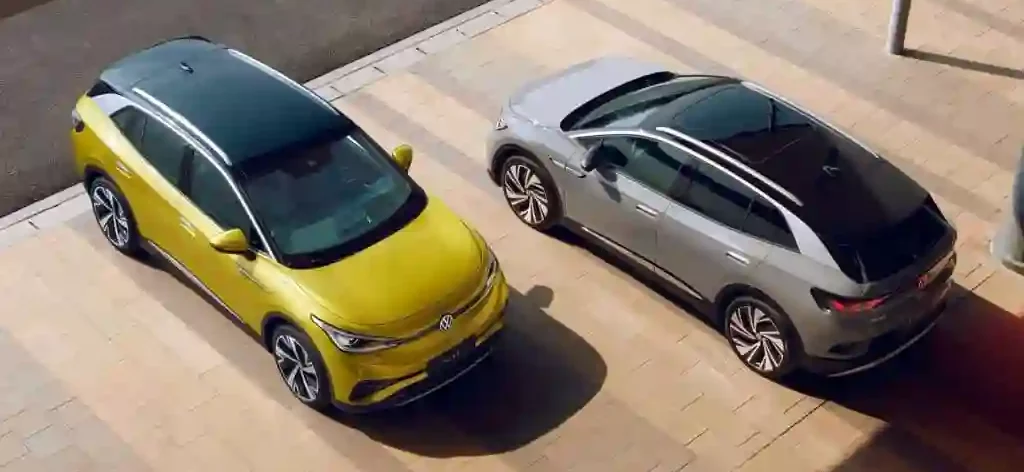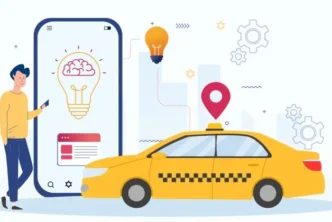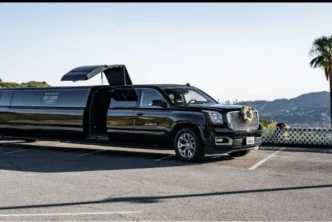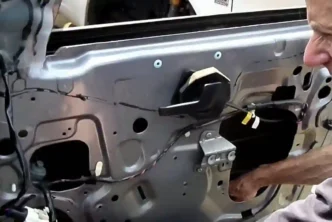As EVs gain popularity, more drivers are considering leasing versus buying their next vehicle. However, deciding whether to lease or buy has a few additional considerations when it comes to electric cars.
EV technology is rapidly changing, meaning that your leased car may quickly become outdated. Fortunately, some automakers offer options to buy at the end of your lease.
1. You’ll Save Money
Leasing an electric car has its advantages, including lower monthly payments and a new vehicle every two or three years. It’s also a good way to take advantage of federal and state tax credits, which can be worth up to $7,500.
If you’re looking to purchase an EV at the end of your lease, you may find that it has a higher resale value than the buyout price written into the lease contract. If you work in an organization that offers salary sacrifice, you could also save on benefit-in-kind (BIK) taxes.
Some EV leasing companies allow you to roll in the full $7,500 federal tax credit without meeting restrictive rules about where the car or battery components are made.
2. You’ll Get a New Car Every Two or Three Years
As EV technology changes rapidly, leasing is one way to ensure you have the latest model without taking on any risks of buying used. And, because leases typically have a maximum mileage cap of 10,000-12,000 miles, you’ll avoid high charges when you return the vehicle.
Most EV leases last two to three years, and factory warranties for new cars cover them for those periods of time. So, if the EV you leased suddenly drops in value by thousands of dollars overnight (like a few Ford Lightnings did this year), you won’t take the hit.
You can just walk away. That’s a good thing for your wallet, and the planet.
3. You’ll Be More Reliable
Leasing an electric car can be a smart choice because you can upgrade to the latest model as soon as it hits the market. This is especially important because of the way that EV battery tech and charging standards evolve quickly.
While EV leasing has fallen in recent years, it’s likely that it will be back on the rise as new models hit the market and as people look for workarounds to the $7,500 federal EV tax credit. It’s also a great option for people who want to try out an electric vehicle before making a commitment to purchase one. And for business drivers, leasing an EV can help them save on BIK taxes.
4. You’ll Get a Better Deal on Tax Credits
EVs depreciate more quickly than traditional cars, so leasing can help you get access to the technology sooner. If you choose to buy your electric car at the end of the lease, you’ll have a lower purchase price because the lessor projects the car’s future book value into the contract.
If the lease vehicle is eligible for an EV tax credit, the dealer can roll it into your lease cost, making your monthly payments more affordable. However, dealers are not required to pass along the EV tax credits and some don’t, so you should check. Also, some EV tax credits have income limits. This could be a drawback for those who plan to finance their lease.
5. You’ll Be More Flexible
As the electric car market continues to grow, you’ll find that both ownership and leasing options become more flexible. For example, as battery technology improves, it’ll be possible to have the option of a longer range estimate or better smartphone integration.
When you lease an EV, you’re locked into a set residual (what the automaker estimates the car will be worth when your lease ends). However, if similar cars sell for less than the buyout value in your contract, it makes sense to purchase the vehicle at that point. That way, you can get the latest technology without taking a hit on the car’s resale value. This is especially true if you’re using your company’s benefit-in-kind program to finance the EV.
6. You’ll Have a Reliable Vehicle
Leasing can help you drive an EV that’s newer, with better battery technology and charging standards. This can be important because, like any other vehicle, electric vehicles lose value quickly.
At the end of a lease, you can choose to purchase the car at the buyout value written into the contract or turn it in and move on. If the EV’s resale value is lower than expected, you may not have any money left over.
In any case, if the car is damaged or you exceed your annual mileage cap, the factory ev extended warranty will likely cover it. And the lease warranty is typically much longer than a loan’s factory coverage.
7. You’ll Be More Sustainable
Leasing electric cars allows businesses to upgrade their fleet frequently and save on maintenance costs. They also offer lower fuel costs and help reduce the company’s carbon footprint. This is especially important for businesses that prioritize eco-friendliness or want to improve their brand image.
Additionally, EVs are quieter than traditional gas-powered vehicles, making them a good choice for urban areas. They also produce zero tailpipe emissions, which contributes to cleaner air and a healthier environment. This aligns with the growing trend of consumers and clients choosing companies that prioritize sustainability.
Furthermore, EVs retain their value better than regular cars, resulting in lower depreciation expenses for business owners. This makes leasing an EV the most cost-effective option for businesses.
8. You’ll Have More Options
Unlike buying a vehicle, leasing an EV locks you in for the term of the lease. It’s tough to back out of a lease without doing serious damage to your credit score.
You won’t have to worry about going over allotted miles or wear and tear, either. Additionally, you’ll have the flexibility to take advantage of federal and state tax credits.
Leasing an EV also allows you to try out the latest technology. This makes it a perfect option for digital nomads and travelers. If you find yourself in love with an EV, you can always buy it at the end of your lease. It’s worth noting that EV leases typically include full bumper-to-bumper warranties.





